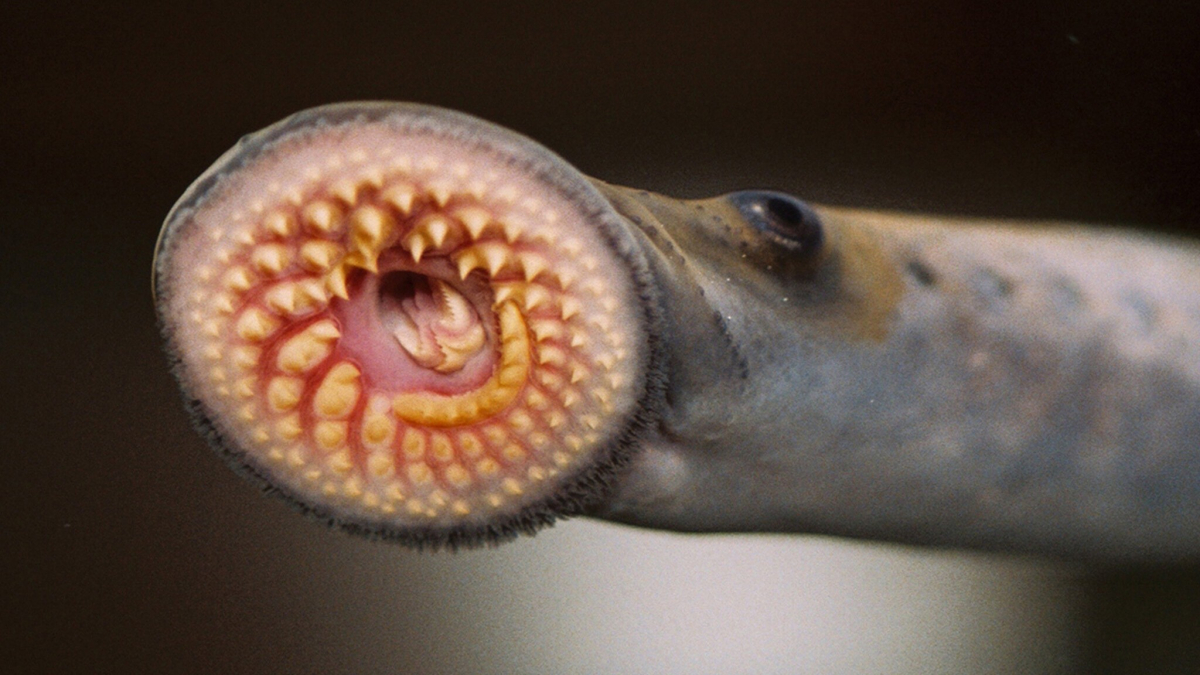Support strong Canadian climate journalism for 2025
The federal government has committed $420 million over 10 years to protect the Great Lakes, which hold 84 per cent of North America’s surface freshwater and face a litany of threats.
Prime Minister Justin Trudeau announced the funding during U.S. President Joe Biden’s visit to Ottawa last Friday. The Great Lakes, which sit on the U.S.-Canada border, are “a source of pride for Canadians and Americans alike,” Trudeau said. This additional funding is “part of our renewed joint commitment to preserving and restoring these iconic waters and ensuring the resiliency of the communities and people that depend on them.”
The five Great Lakes — Erie, Huron, Ontario, Superior and Michigan — make up the largest freshwater system in the world and are a source of drinking water for over 40 million residents. More than 4,000 species of animals and plants also call the Great Lakes home.
This investment is historic and “a moment for celebration,” said Michelle Woodhouse, water program manager at Environmental Defence.
Among the biggest threats facing the Great Lakes ecosystem are toxic algae blooms, toxic chemical and plastic pollution, deforestation and wetland loss, said Woodhouse’s statement.
The investment must work to address those “critical threats,” she said.
As climate change worsens, increased air and water temperatures will exacerbate those existing threats with water evaporating faster, water levels dropping and water quality degrading. The Great Lakes have already been overrun by sea lamprey, an invasive eel-like fish native to the northern Atlantic Ocean and the Baltic, western Mediterranean and Adriatic seas.
These predators clamp sucker-mouths full of sharp teeth onto fish and suck out blood, leaving a gaping wound on fish that survive the attack. As few as one in seven fish may survive a sea lamprey attack, according to the government of Ontario’s fact sheet about the invasive species. Sea lamprey attacks have reduced stocks of lake trout, salmon, whitefish, cisco and burbot in the Great Lakes, it says.
“The funds also need to support climate resilience and adaptation, and address environmental racism impacts in the basin by prioritizing just and equitable outcomes for Great Lakes communities,” said Woodhouse.
Early this year, The Canadian Press reported that the City of Hamilton discovered a sewage leak that has been polluting Lake Ontario for more than two decades. This was the second undetected sewage leak brought to light.
Natasha Bulowski / Local Journalism Initiative / Canada’s National Observer






Comments
It sounds like a lot of money until you realize it's only $42 million a year. The Trans Mountain pipeline will probably cost the country $30 Billion and this excludes all the other billions in subsidies to oil and gas. And don't forget those 88 fighter jets that are projected to cost $70 billion over their lifetime. If they're ever used in combat that price will probably skyrocket.